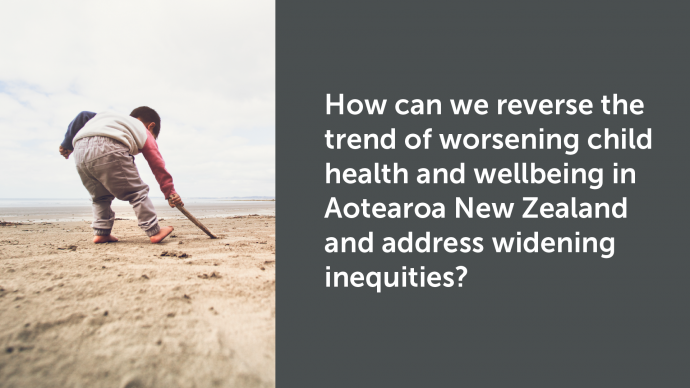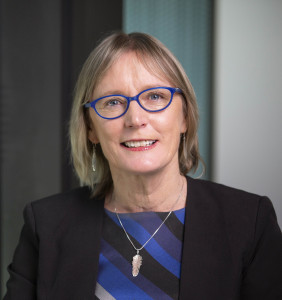Expert perspective: Professor Nikki Turner

Professor Nikki Turner, an academic General Practitioner, calls for systemic changes focused on reducing child poverty to prevent the profound detrimental affect on long-term health that poverty causes.
There is a strong economic and moral principle for focusing on equitable healthcare, particularly for children. This is essential for a stable, functioning society, because economic poverty has profound and intertwined impacts on health and social outcomes, creating systemic inequities that persist throughout life. The effects are especially damaging at critical developmental stages—pregnancy, early infancy, and adolescence—where poverty can shape long-term health outcomes.
Adverse Childhood Experiences research illustrates the devastating impact of childhood poverty. These poverty-driven childhood stressors contribute to chronic health conditions such as cancers, autoimmune diseases, heart disease and strokes, and mental health disorders.
The evidence makes it clear that individual health outcomes are shaped far more by socioeconomic conditions than by personal choices.
Socio-economic health inequities across a wide range of health measures are more pronounced for some communities in our society, particularly for Māori and Pacific populations. There are many examples - food insecurity, housing, dental decay, infectious diseases, access to immunisation, and many more. Additionally, events such as the COVID-19 pandemic disproportionately affected infants from impoverished backgrounds, further widening gaps.
A significant barrier to achieving equitable healthcare is the structural challenges within the health system. Chronic underfunding has created a large infrastructure deficit. Resource needs are further strained by an aging population and increased numbers of people living with chronic medical conditions, all requiring more complex medical care. While scientific progress has improved life expectancy, newer medical interventions come at a high cost. New Zealand’s health expenditure lags behind the OECD average, and this financial strain leads to trade off decisions. For example, Pharmac’s tight budget meant underfunding of newer adult cancer drugs, but this will be pitted against the need to fund the new infant immunisation against respiratory syncytial virus, the major cause of severe respiratory illness in infancy. Calls for efficiency in the health sector have a place, but they ignore the larger reality that New Zealand’s system is already among the most efficient internationally.
Systemic change is necessary. Prioritising crucial life stages through policies focused on reducing child poverty are essential to break generational cycles of poor health. An equity-focused approach must address the highest needs, particularly Māori and Pacific populations, to ensure that healthcare resources are distributed equitably. This is traditionally called proportionate universalism, a principle in public health that aims to reduce health inequalities by combining universal access with targeted intensity.
Beyond the moral imperative, equitable healthcare is an economic necessity. Reducing childhood poverty leads to healthier communities and lowers long-term healthcare costs. A sustained commitment to systemic healthcare reforms will yield a healthier, fairer society for all.
"The world remains beset by so much human suffering, poverty and deprivation. It is in your hands to make of our world a better one for all, especially the poor, vulnerable and marginalised" – Nelson Mandela.
Published August 2025
 Nikki Turner is an academic General Practitioner, a Professor in the Department of General Practice and Primary Care, and the Principle Medical Advisor to the Immunisation Advisory Centre, University of Auckland. Nikki's interests are in immunisation, equity, child poverty and primary health care. She lives in Wellington and works part time as a General Practitioner at NUHS Broadway Clinic and is a health spokesperson for the Child Poverty Action Group.
Nikki Turner is an academic General Practitioner, a Professor in the Department of General Practice and Primary Care, and the Principle Medical Advisor to the Immunisation Advisory Centre, University of Auckland. Nikki's interests are in immunisation, equity, child poverty and primary health care. She lives in Wellington and works part time as a General Practitioner at NUHS Broadway Clinic and is a health spokesperson for the Child Poverty Action Group.
